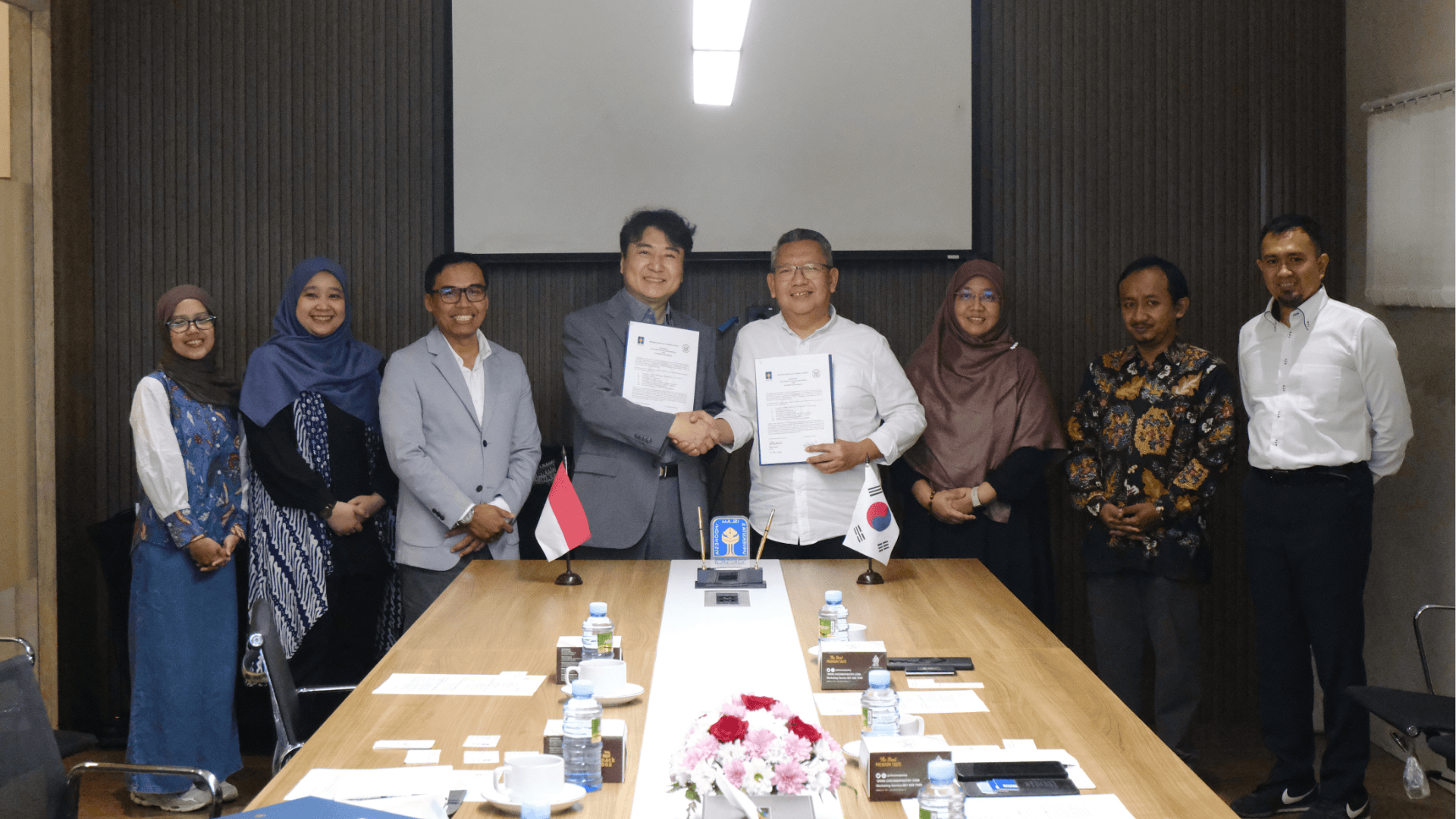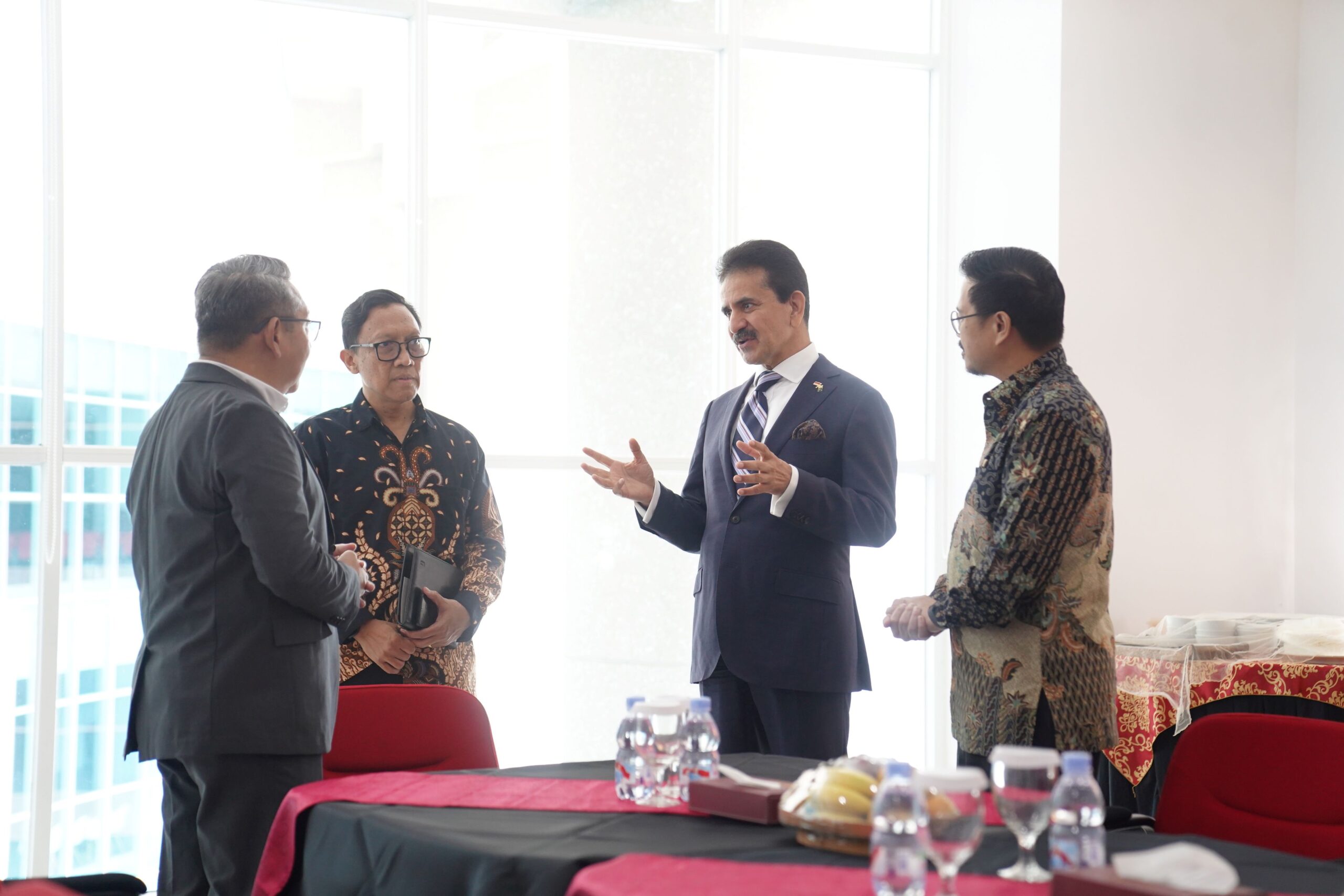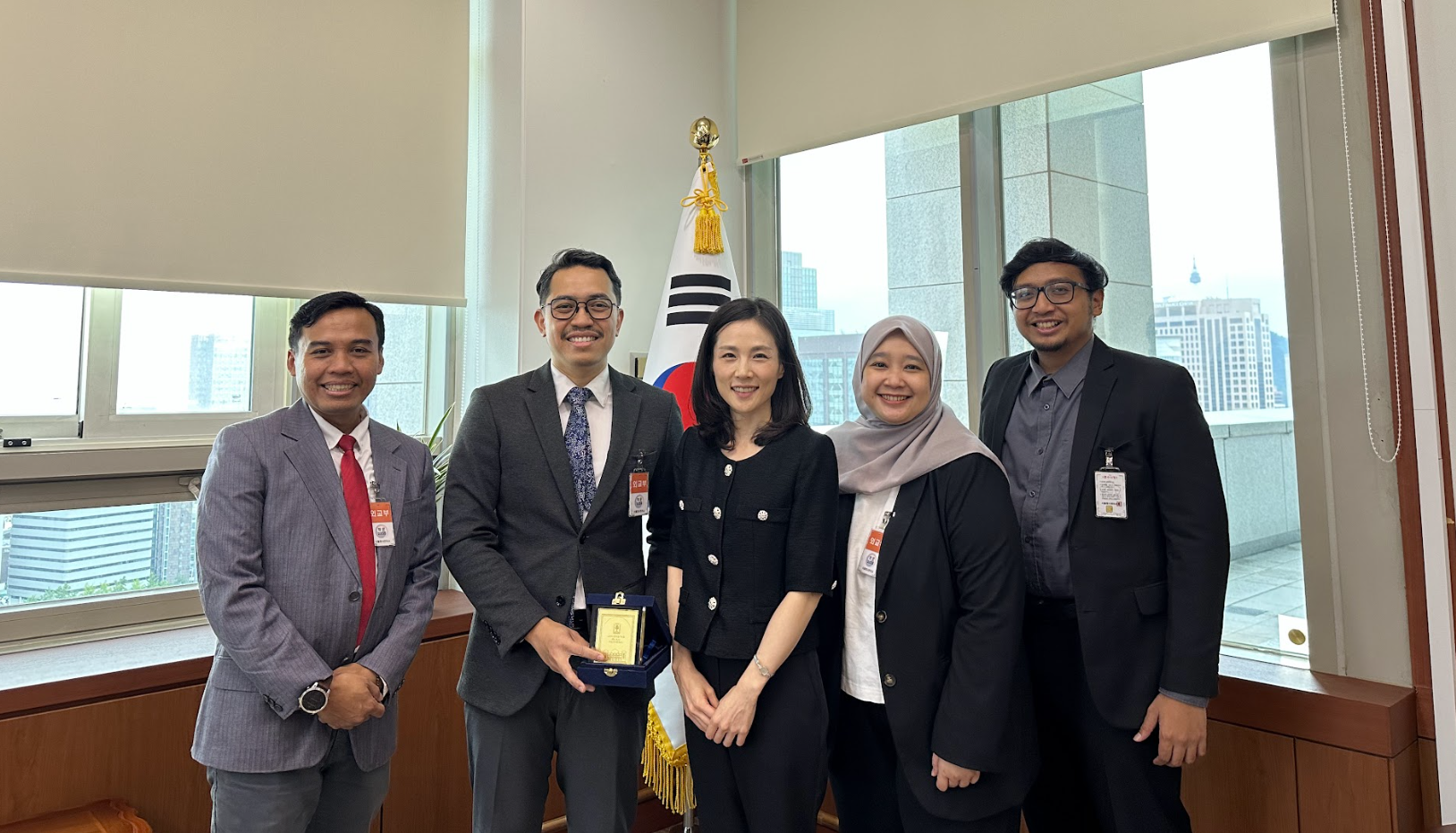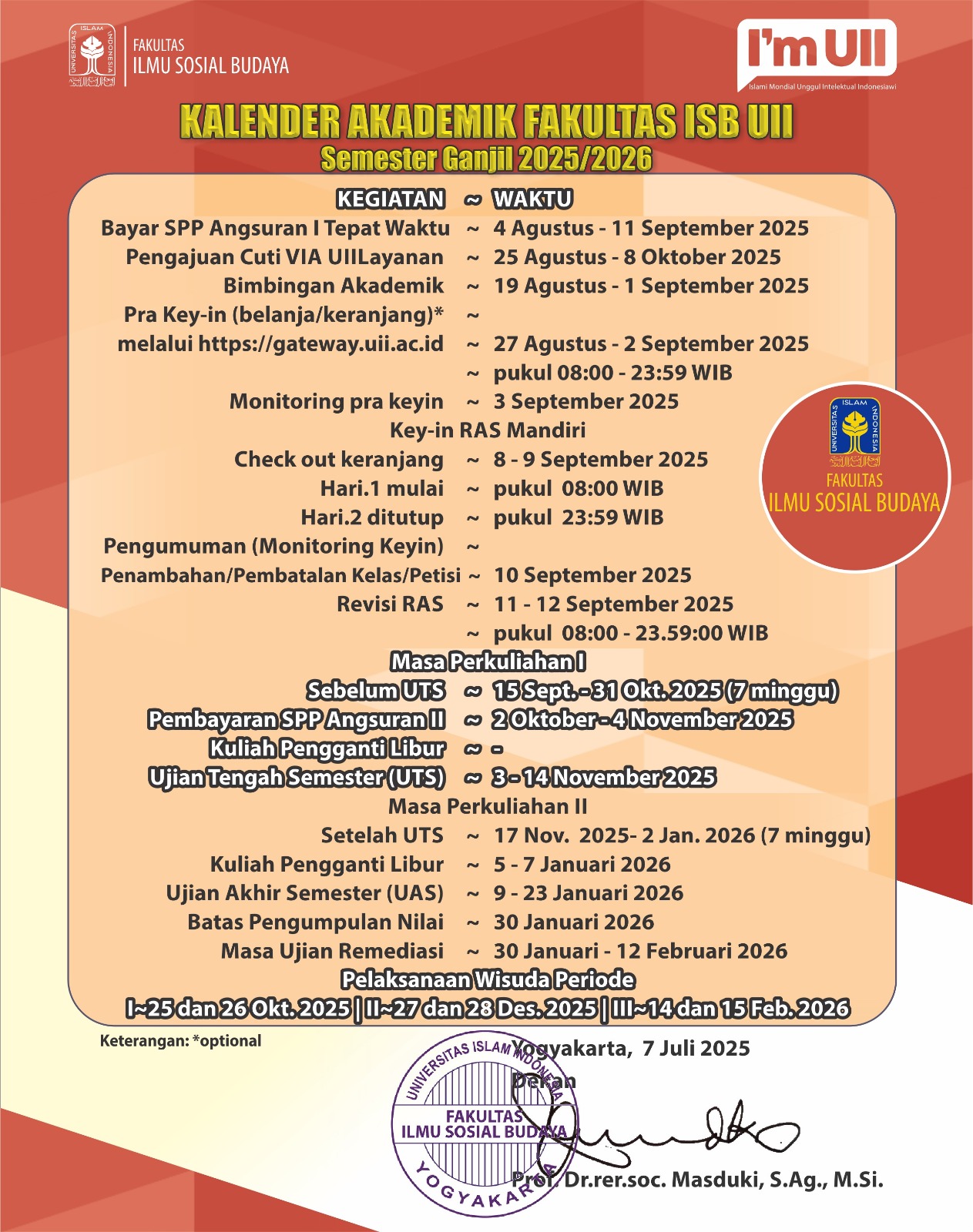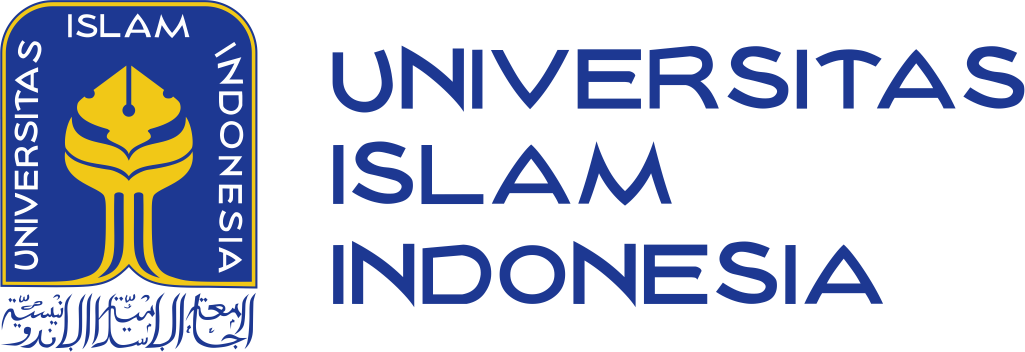Turkiye’s Culture and Education, a Pathway to Global Influence?
Written by Ayska Rahma Daffadilla
In today’s evolving world of international relations, the pursuit of influence and power has significantly transformed. Historically, power was primarily measured by military strength and territorial conquest. Countries that won wars and demonstrated physical dominance were often considered the most powerful. However, in the contemporary era, the value of military prowess has decreased and the focus has shifted towards non-coercive means of influence. In the post–Cold War age, foundations of power have been moving away from an emphasis on hard power and instead toward a reliance on persuasion by other means and therefore the intangibles of power.
Coming from this shift of hard power to soft power in international relations, this essay explores how Turkiye has strategically utilized its cultural heritage and diplomacy to enhance its soft power, analyzed through International Relations concepts such as soft power, cultural diplomacy and constructivism.
In today’s world, the changing nature of international dynamics has prompted nations to recognize that enhancing their global position requires more than just military strength. A country’s global standing is now heavily influenced by its cultural appeal, educational advancements, and ability to project a positive image. This shift in understanding is rooted in Joseph Nye’s introduction of the concept of soft power in the 1980s. Nye, a key figure in International Relations, defined power as “the ability to achieve goals through attraction rather than coercion.” He even further emphasized this idea by arguing that, at times, soft power can be even more important and influential than hard power. This shift in understanding is then very much reflected in Turkiye.
Turkiye has decided to leverage its historical assets, particularly its Islamic heritage, not to force influence, but to attract global attention and foster understanding. Up until 2013, Turkiye was viewed as an emerging regional powerhouse and a significant player in soft power. In one lecture at Kirikkale University, Prof. Zainab explained how Islam is deeply embedded in Turkiye’s culture. Even elements that may seem unrelated, like the symbolism of the rose, carry connections to Islamic teachings. This shows how Turkiye’s cultural identity is deeply intertwined with its Islamic heritage, even when people don’t consciously recognize it, which aligns with the UNESCO Universal Declaration on Cultural Diversity (2001) that states culture encompasses not only art but also beliefs. This deliberate process of “constructing” its elements and national identity also ties into constructivism, where while some aspects of Türkiye’s identity are deeply rooted in historical events, there are some parts and other aspects of the country that have been strategically developed or “constructed” to enhance its influence on the global stage.
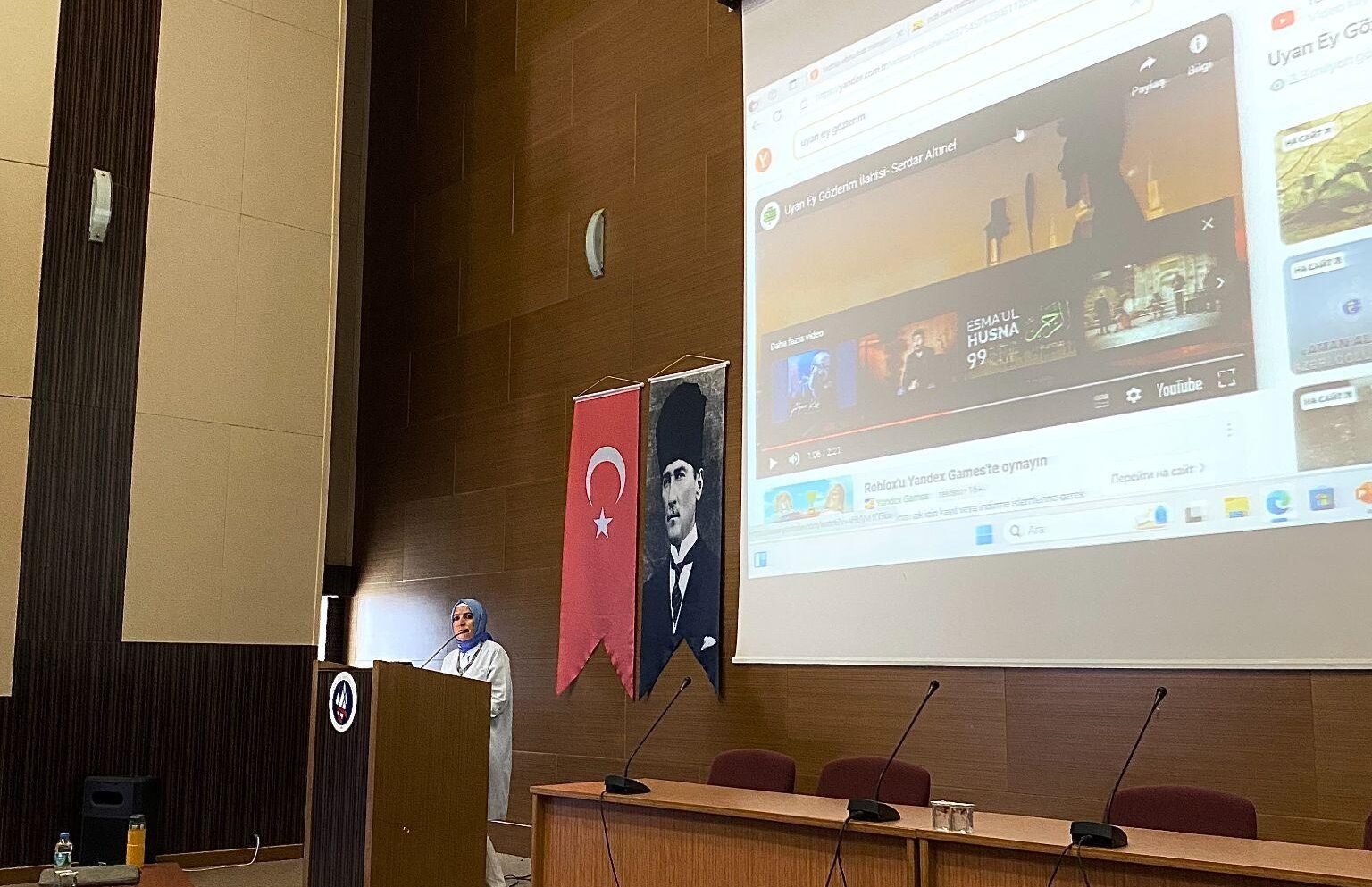
Picture 1. First lecture at Kirikkale University, Prof. Zainab discussed how elements of Turkish culture, such as the symbolism of the rose, are deeply rooted in Islamic teachings.
This then correlates to the concept of cultural diplomacy, which focuses on using culture to strengthen global ties. In the context of Turkiye, it is clearly identified, where a key component of cultural-diplomatic activities involves promoting the dissemination of the national language in the receiving state. This is a central aspect of Turkiye’s cultural diplomacy, especially through its scholarship opportunities, often referred to as “educational diplomacy” due to its emphasis on promoting education and language abroad. During our visit to YTB (Yurtdışı Türkler ve Akraba Topluluklar Başkanlığı – The Presidency for Turks Abroad and Related Communities), I realized how these initiatives play a critical role in promoting Turkiye’s culture and attracting international students. Through its various programs and scholarships, Turkiye allows foreign individuals to study in the country, thereby enhancing its cultural influence and soft power on the global stage.

Picture 2. Visit to YTB, highlighting its role in promoting Turkey’s culture and scholarships, enhancing its global soft power.
Hence, returning to Joseph Nye’s framework on soft power, culture becomes a central pillar of influence. Turkiye’s strategic approach towards aspects of its country highlights how nations can make use of and leverage their assets to strengthen global ties, specifically demonstrating how cultural diplomacy can shape and project national influence.
References
Pajtinka, Erik. (2014). Cultural Diplomacy in Theory and Practice of Contemporary International Relations. Politické vedy/Political Sciences. Vol. 17. pp. 95-108.
DONELLI, F. (2019). Persuading through Culture, Values, and Ideas: The Case of Turkey’s Cultural Diplomacy. Insight Turkey, 21(3), 113-134.
Nye, J. S. (2004). Soft Power: The Means to Success in World Politics. PublicAffairs.
UNESCO. (2001). Universal Declaration on Cultural Diversity. Retrieved January 2, 2025, from http://www.unesco.org/new/en/culture/themes/cultural-diversity/cultural-expressions/universal-declaration/

